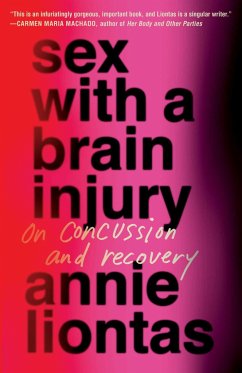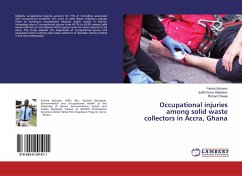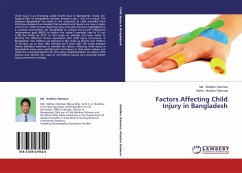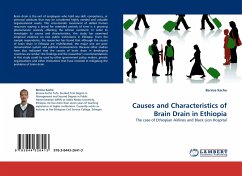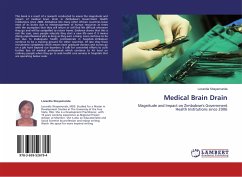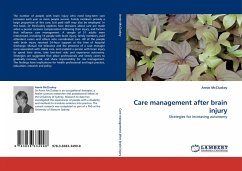
Care management after brain injury
Strategies for increasing autonomy
Versandkostenfrei!
Versandfertig in 6-10 Tagen
52,99 €
inkl. MwSt.

PAYBACK Punkte
26 °P sammeln!
The number of people with brain injury who need long-term care increases each year as more people survive. Family members provide a large proportion of this care, but paid staff may also be employed. In this book, Dr McCluskey explores how decisions about care are made when a person receives compensation following their injury, and factors that influence care management. A sample of 51 adults were interviewed, including 14 people with brain injury, family members, paid attendant carers and others who coordinated care. All of the people with brain injury received 24-hour support at the time of ...
The number of people with brain injury who need long-term care increases each year as more people survive. Family members provide a large proportion of this care, but paid staff may also be employed. In this book, Dr McCluskey explores how decisions about care are made when a person receives compensation following their injury, and factors that influence care management. A sample of 51 adults were interviewed, including 14 people with brain injury, family members, paid attendant carers and others who coordinated care. All of the people with brain injury received 24-hour support at the time of hospital discharge. Mutual risk tolerance and the presence of a case manager were associated with stable care, and enabled a person with brain injury to spend time alone, take low-level risks and experience autonomy. Strategies are suggested that allow professionals and family carers to gradually increase risk, and share responsibility for risk management. The findings have implications for health professional and legal practice, education, research and policy.



